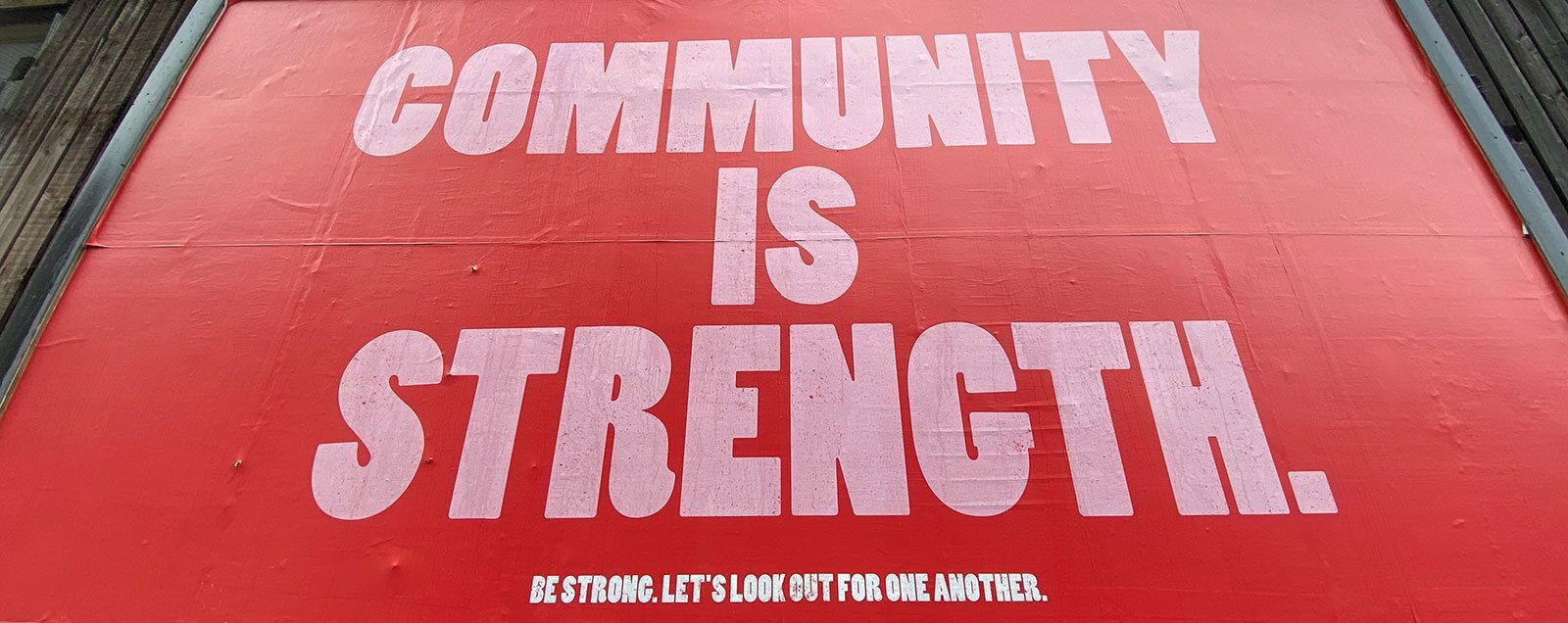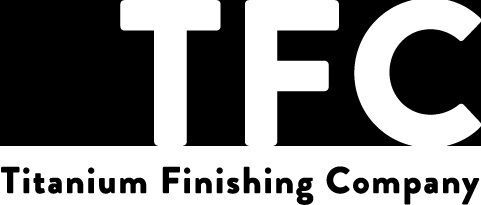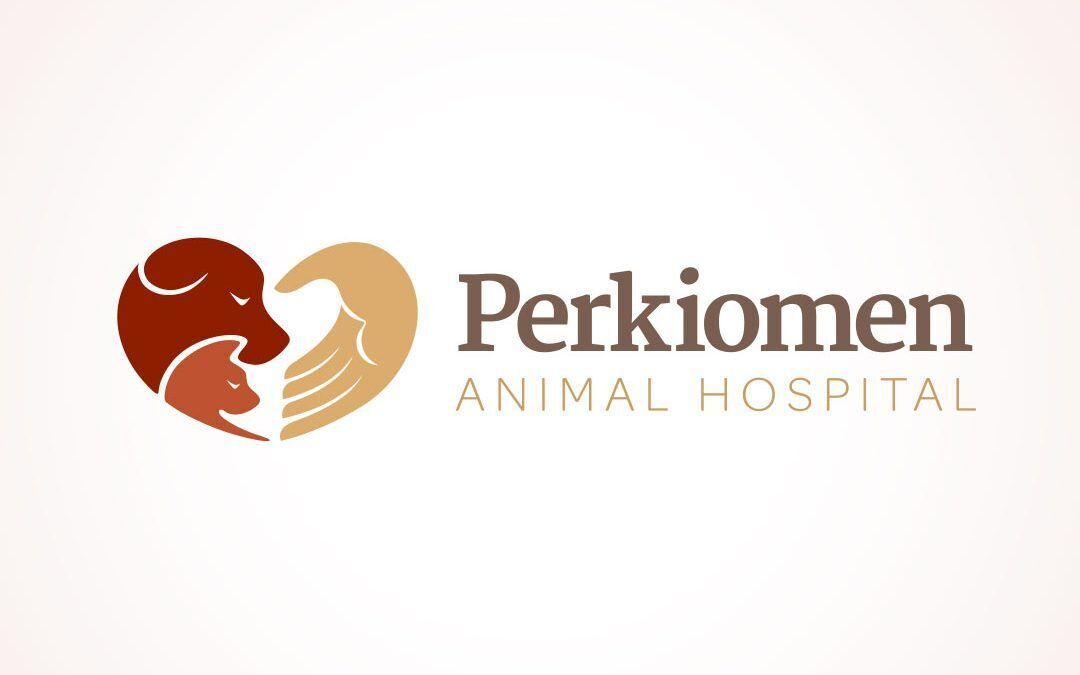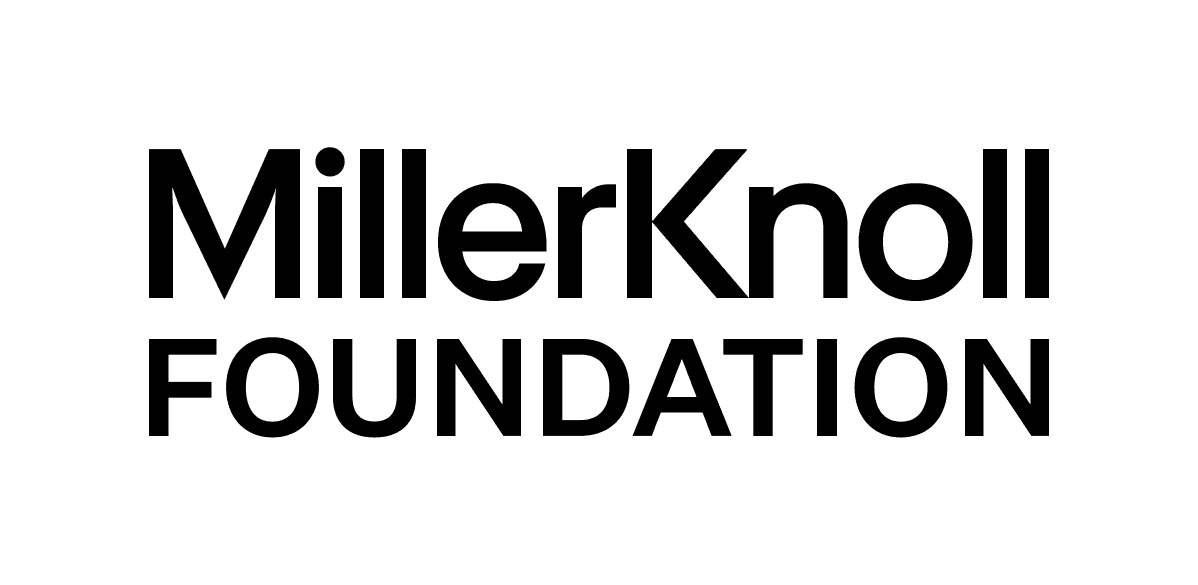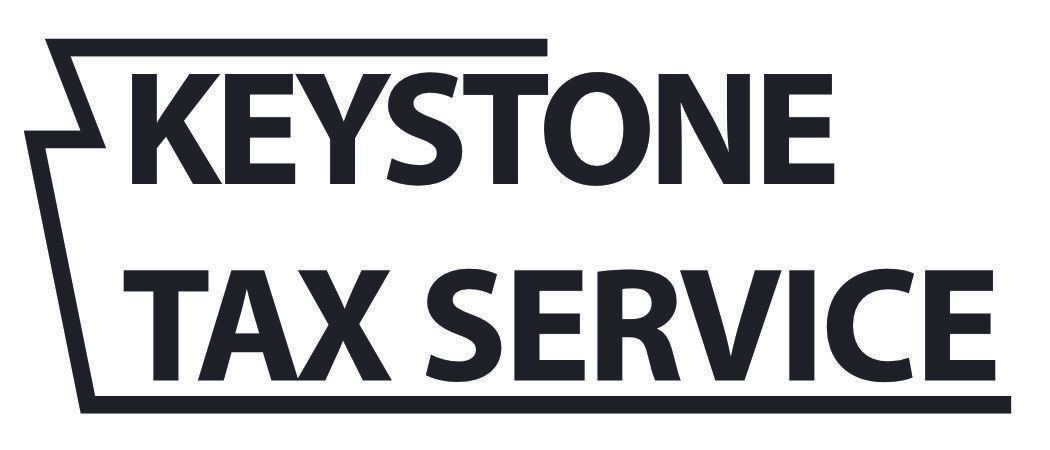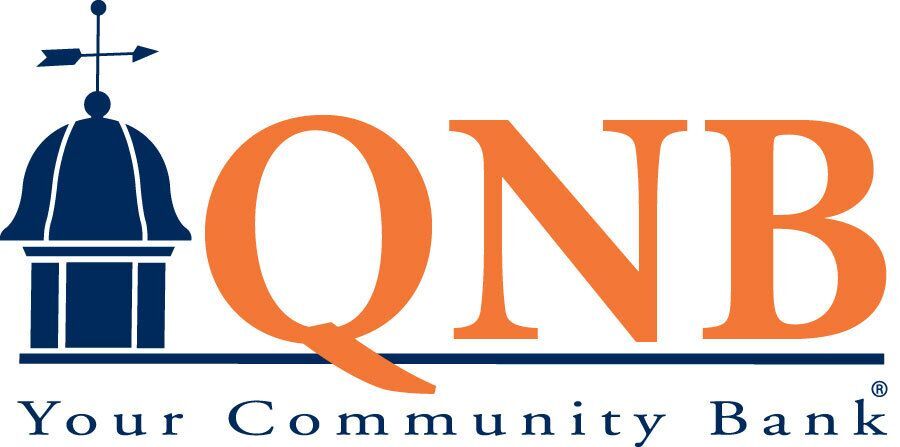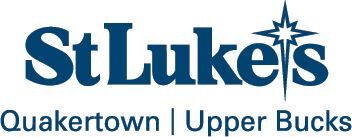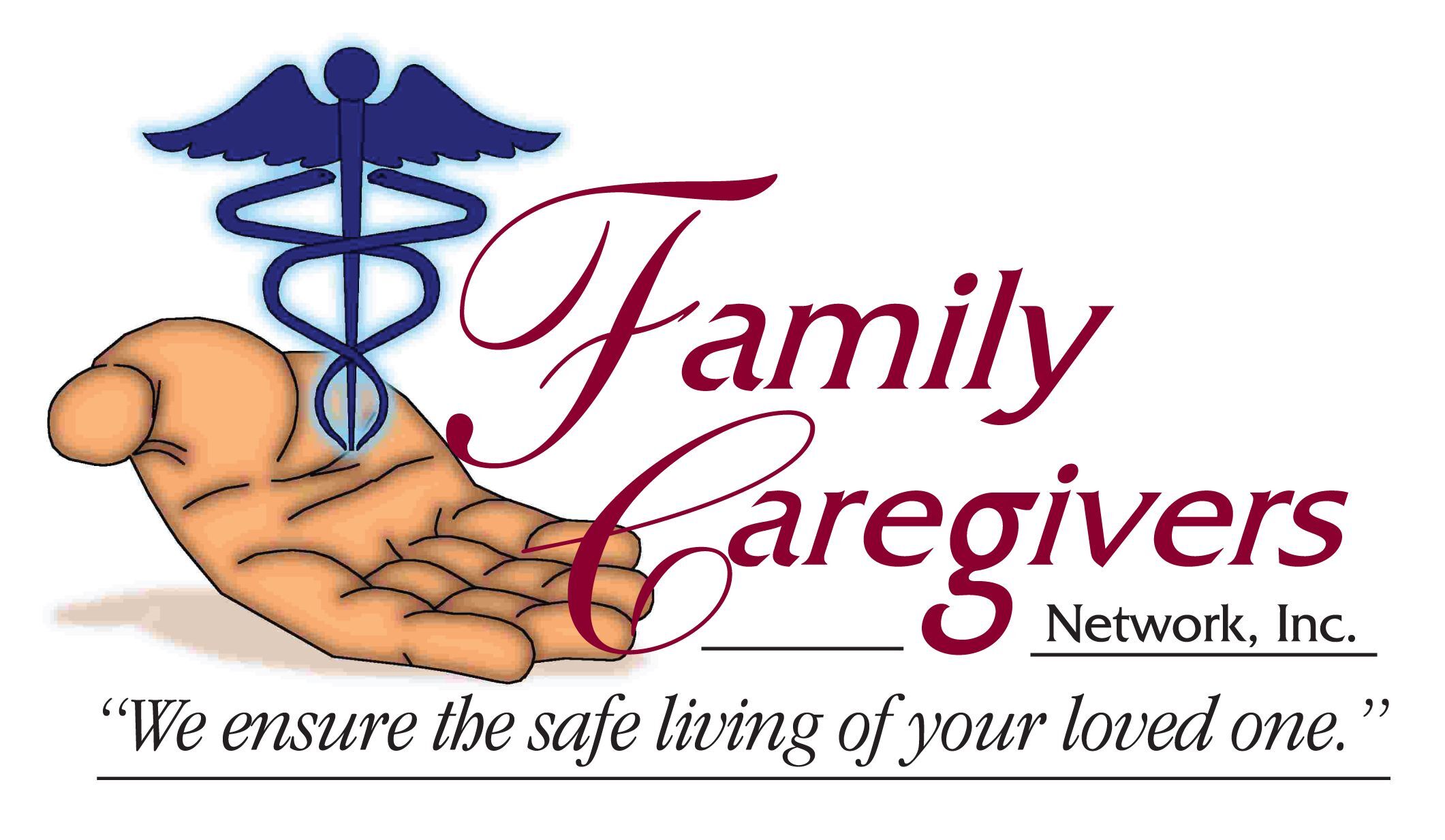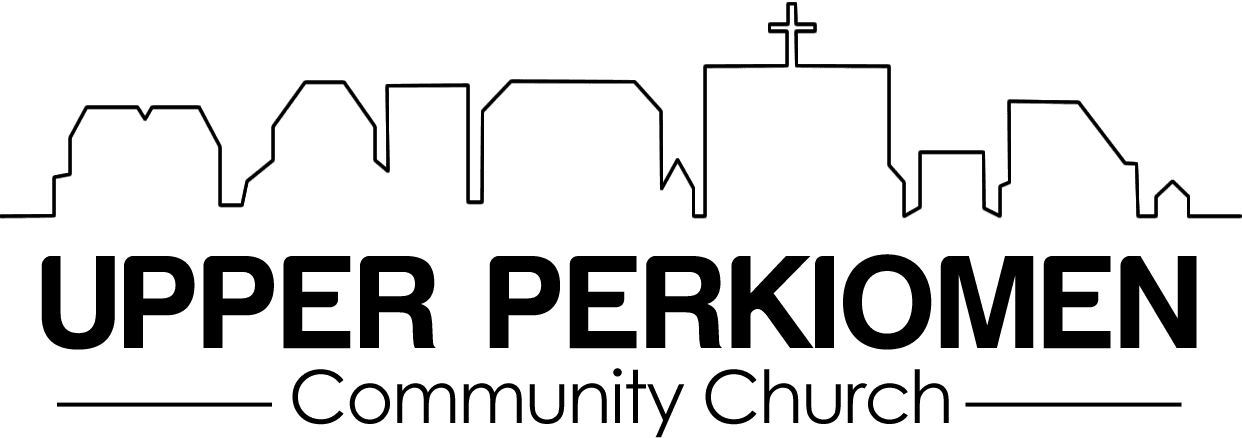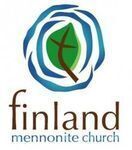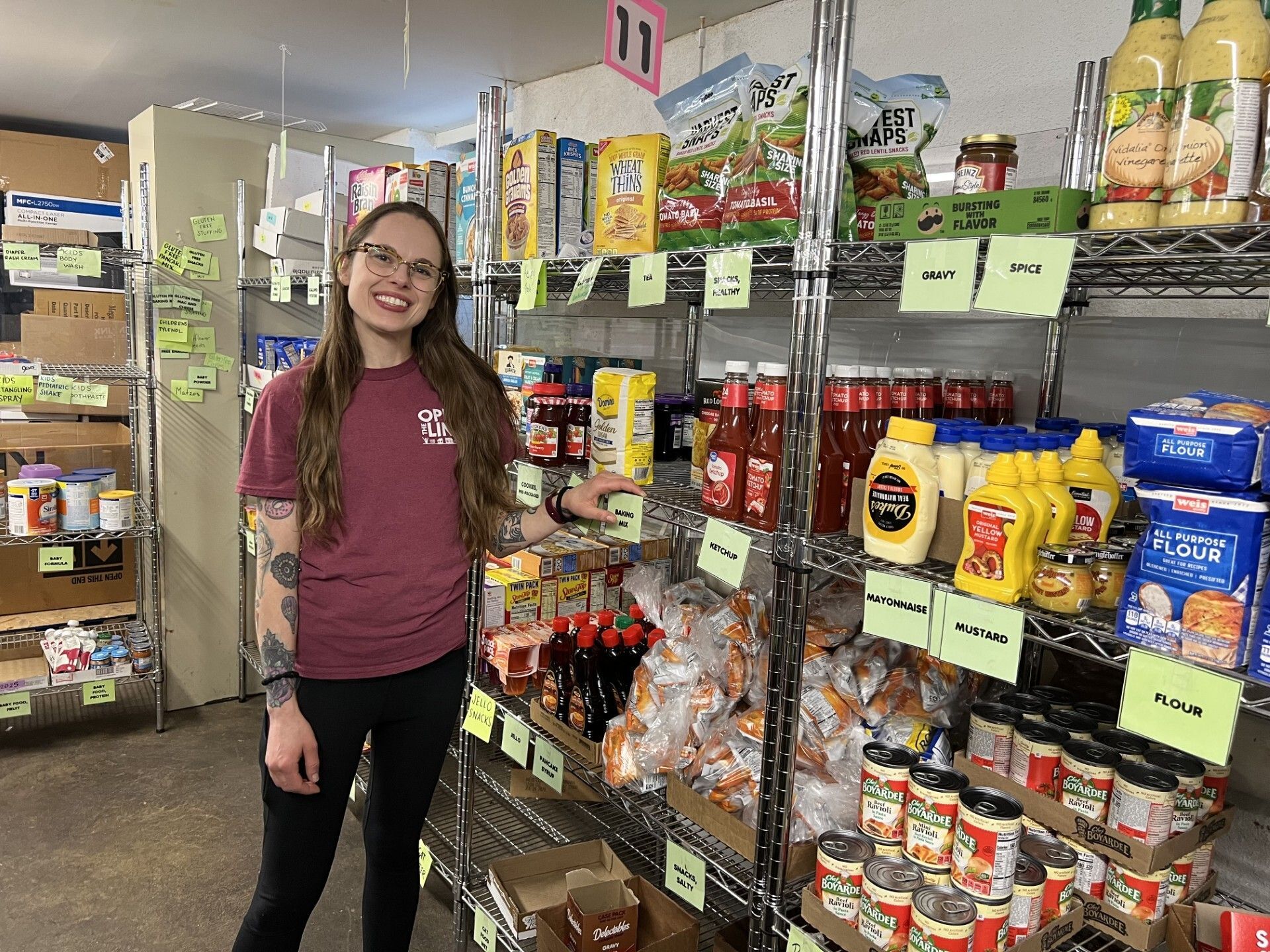
Growing up, times were tough, and often, my single-parent household had to rely on monthly food pantry services at a local church or social services agency. I have to be honest: while utilizing these services helped keep my family ahead (and fed!), there was a certain stigma attached. I found that as I got older, I never wanted to accompany my mom or grandmother to the pantry because, frankly, I didn’t want to see my friends or neighbors there too. I had preferences as well, and many times, the off-brand Cheerios that we would get at the pantry didn’t taste the same, or the dollar store shampoo didn’t make my hair look as nice, but it was certainly better than nothing, and I was always taught to be grateful no matter what.
There have been so many times that the generosity of others made a difference in my family’s life, and that is a huge part of my career here at The Open Link. While working in the pantry for over eight years now, I have seen it transform from a regular-choice pantry model to a full-choice online ordering and inventory system, which has transformed the way that our neighbors are able to access food services. Additionally, in having conversations about the needs of the pantry with community members and donors, it has become so clear what the misconceptions about food pantries are, and I can’t wait to debunk some of the most popular myths!
1. Food pantries only give out canned goods.
Not true. Food pantries characteristically have given out non-perishable goods in the past, but times are changing! At The Open Link, we strive to offer our neighbors fresh, nutritious produce items, dairy products, and frozen meats, because we know these are the most nutrient dense foods that folks struggle to provide for themselves and their families. We also try to request certain foods and cooking staples by generating wishlists and top needs that we know are crucial for our guests. Items like cooking oils, sugar, flour, condiments, and personal care and cleaning supplies, which are not covered by SNAP benefits, are accepted by our pantry, and we are always so grateful when they are donated!
2. Healthy food is too expensive to offer regularly to those who use pantries.
False. Partnerships with retailers, corporations, and manufacturers, as well as large partnerships with agencies like Philabundance, allow us to consistently offer fresh foods. At The Open Link, partnering with these agencies allows us to receive allotments of produce, milk and eggs weekly. Other agencies, like Garden of Health in North Wales, specifically acquire foods that are allergen-friendly, diabetic-friendly and high-quality to distribute to pantries in Montgomery County. We also have local partners, like our Community Benefit Garden, run by the dedicated volunteers of The Upper Perk Garden Club, and amazing local gardeners in the Valley that drop off beautiful produce from abundant gardens all summer long. We continue to foster relationships with local farms, produce vendors, and grocers to bring in as much healthy and nutritious food as possible. We even have a small garden at our Penn Street location, right next to our pantry!
3. Food Insecurity is only about hunger.
Wrong. Now more than ever, food insecurity looks so different for each household - and in many parts of not only our country, but in our county! Whether you are a family with children and struggling to keep food on the table, or a senior citizen with limited transportation or connections and struggling physically to get to the grocery store, the pantry is here for you! Today’s food pantries have become bustling community hubs, resource centers, and offer other wrap-around services that give families the opportunity to get ahead and stay well. Pantries like ours even offer services like DoorDash because we know accessing the pantry is hard when our community does not have public transportation or an easily walkable route to the pantry. Many pantries are going beyond hunger relief, providing nutrition education, recipes, cooking classes, and other ways to inform consumers about bridging the gaps to access the vital resources they need.
4. You have to be unemployed to use food pantry services.
False. Many American families across the country are facing financial hardships, especially as funding for assistance programs has abruptly ended since the COVID pandemic. Many working households in Montgomery County are considered “ALICE” households, an acronym standing for Asset Limited, Income Constrained, Employed. This means that while members of these households are working and are just above the poverty line, they may earn too much for government assistance programs like SNAP. Wages do not match expenses in 2025, and the cost of housing continues to significantly increase. Residents of a very affluent county like Montgomery County are relying on nonprofit agencies, food hubs, food distribution centers, and other limited county resources just to keep the roofs over their head and their cars from repossession.
Now more than ever, conversations surrounding food assistance have been eye-opening. As the landscape of ever-changing financial hardships evolves, many working families, not only in the Upper Perkiomen Valley, but in Montgomery County and many other parts of the state and nation, face additional challenges in feeding their families. As the price of groceries are at record highs, and the cost of housing and other monthly expenses continue to grow, those who may have never anticipated needing any type of assistance are now struggling to keep food on the table. So many American families are just one broken bone, car repair, or utility bill from financial despair. The idea of a “safety net” is more of a luxury than an achievable goal, leaving families to rely on food pantries as a first line of defense to keeping their families fed!
Interested in making a difference in your community? Here's how to help our hungry neighbors in need!
- Support your local food pantry! We are so grateful for your financial and food donations. Learn more at Get Involved with The Open Link
- Host a Food Drive! This is a great way to get a local group, business, organization, classroom or neighborhood involved! Visit our Food Drive Tool Kit to learn more.
- Purchase items on our Wishlist! You can even have items directly delivered to us via Amazon, Walmart, and Target. View our Wishlists to see what our Pantry is collecting.
- Get involved and volunteer! Whether it be packing food, sorting donations, or delivering items to community members in need, we’d love to have you help us out in the pantry! Learn more about our Volunteer Opportunities and see how you can help The Open Link to serve our neighbors in need.
- Advocate, advocate, advocate! Spread the word about services, resources, and why nonprofits need your help more than ever! Call your local and state representatives. Continue having conversations around why food pantries need community support and why they are so vital to the health of our residents!
- Most importantly - treat food as a human right. No one in our community deserves to be hungry.
Have questions? Ask! We love to innovate and collaborate! You can reach us at 215-679-4112 or info@theopenlink.org.


